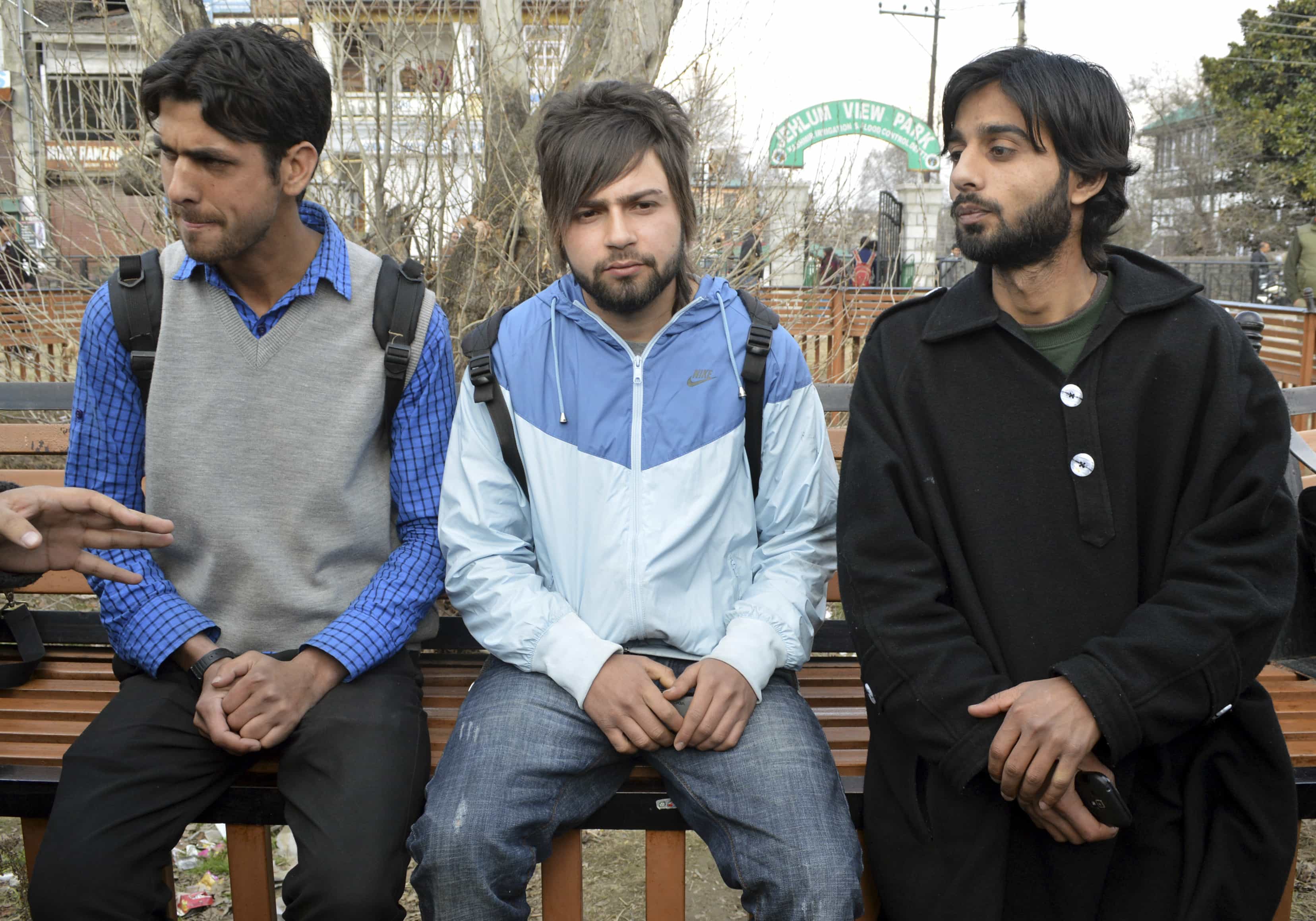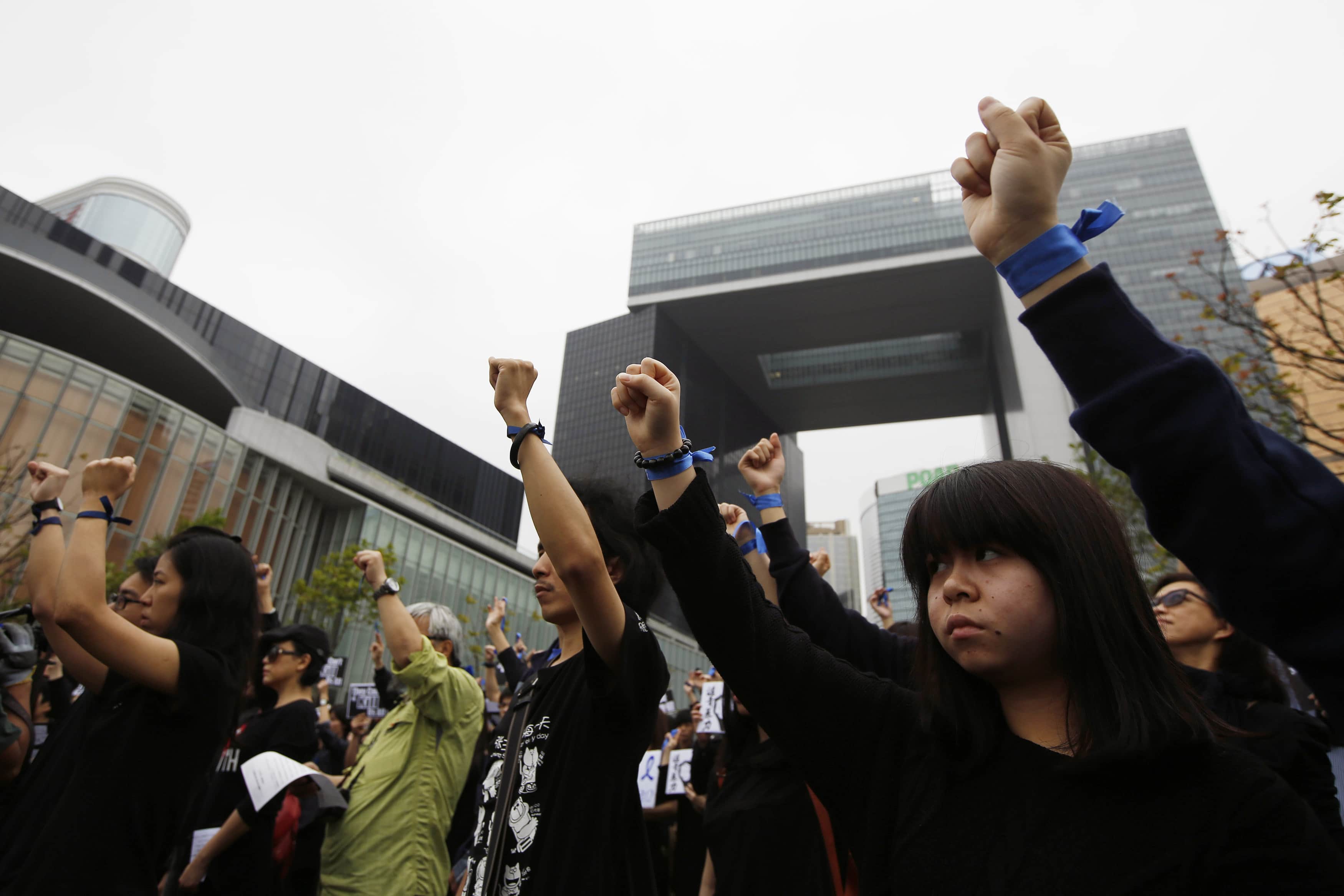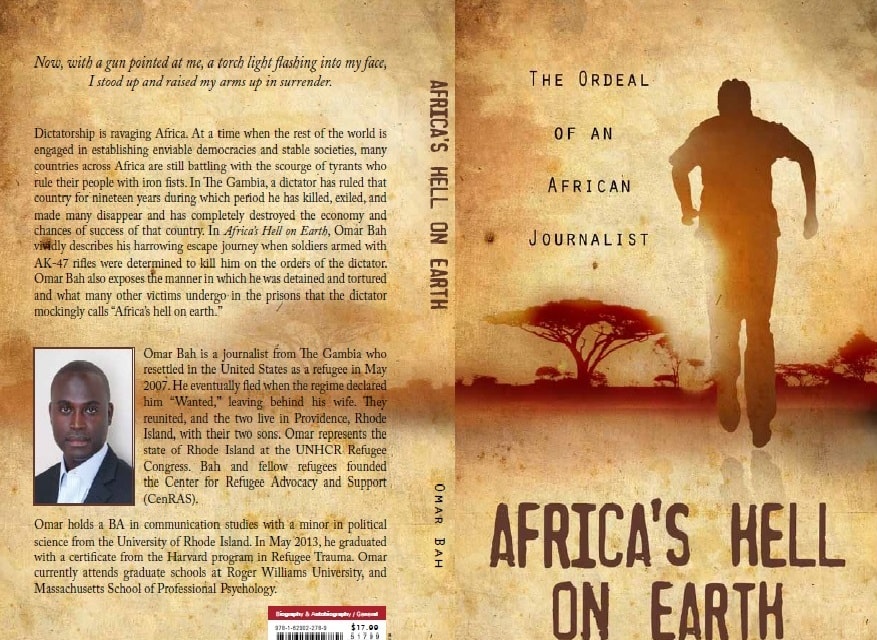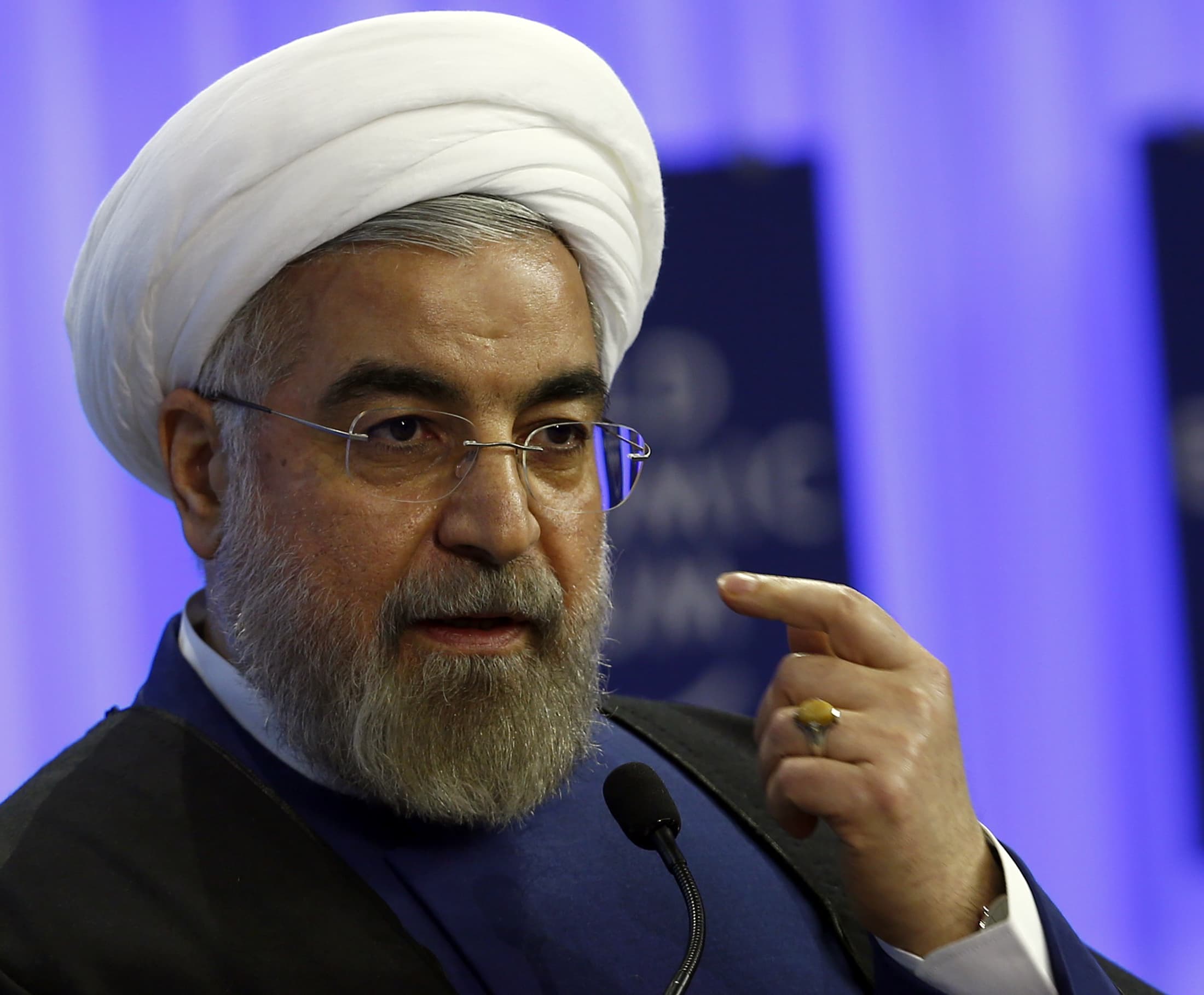Articles by Index on Censorship

Repression, torture, and Twitter in the United Arab Emirates
Since punitive legislation governing use of the internet was passed in November 2012 in the UAE, at least six people have been sent to prison for comments made on Twitter.

Cricket cheering uncovers faultlines between Kashmir and India
Sixty-seven Kashmiri university students were briefly charged with sedition for cheering for Pakistan, and celebrating its win over India, during an Asia Cup cricket match.

Brazil’s World Cup surveillance operation
The security apparratus designed to stop demonstrations from disrupting tournaments consists of a set of procedures for general intelligence and data surveillance during the conduct of major sporting events – both the 2014 World Cup and the 2016 Summer Olympics, which will be held in Rio.

Chief Executive of Hong Kong urged to protect freedom of expression
After a series of increasingly violent events, IFEX members and supporters call on Chief Executive Leung Chun-Ying to take clear and deliberate steps to defend press freedom.

In Ecuador the battle for the truth continues
President Rafael Correa’s new media law has “undercut press freedoms,” and “opens the door to censorship by giving the government or judges the power to decide if information is truthful”, according to a new report by the US State Department.

India: Turning back the clock on freedom of expression
The state and private petitioners have equally exploited India’s penal code to harass, censor or silence individuals.

Gambian journalist details his escape from Jammeh regime
“I wanted to use my new found freedom in America to speak up because I regained the voice I lost. The book is my source of rejuvenation, my symbol of refusal to be silenced, and the avenue to continue to expose corruption, mismanagement, torture, repression, killings and the general dictatorship in The Gambia. I feel I owe it to the suffering people in The Gambia”, says journalist Omar Bah.

Rouhani’s mixed messages on artistic freedom in Iran
The Iranian cultural sector hoped conditions would take a turn for the better when the more moderate Hassan Rouhani took over from hardliner Mahmoud Ahmadinejad. The reality is more complicated.
